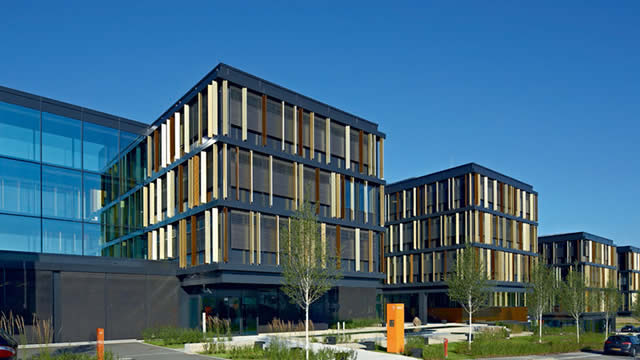Investors love dividend stocks, especially the ultra-high-yield variety because they offer a significant income stream and have massive total return potential. Total return includes interest, capital gains, dividends, and distributions realized over time. In other words, the total return on an investment or a portfolio consists of income and stock appreciation.
The December rate cut could be the last until spring.
Inflation remains sticky, and the Federal Reserve wants to remain cautious.
Ultra-high-yield stocks will do well in a lower-rate environment.
Would ultra-high-yield stock be a good fit in your portfolio? A qualified financial advisor can answer that and any additional investing questions you may have now. Click here now to find the right one for you. (sponsored)
Let’s take a closer look at the concept of total return. Imagine you purchase a stock at $20 that offers a 3% dividend. If the stock price rises to $22 within a year, your total return is 13%. This is calculated by adding the 10% increase in stock price to the 3% dividend.
While the Federal Reserve may be ready to pause interest rate cuts for a while, investors must realize that federal funds have already fallen by a whole percentage point and will likely fall further as 2025 progresses. While better suited for those with higher risk tolerance, ultra-high-yield stocks will be in significant demand as yields on money markets and CDs field to the fund rate decline and yields on corporate and high-yield junk bonds drop.
We screened our 24/7 Wall Street ultra-high-yield dividend research database, looking for solid stocks trading under the $15 level that investors can buy now and realize some serious passive income and potential total return home runs. All four have Buy ratings at top Wall Street firms.
While only suited for some, those who are trying to build strong passive income streams can do extremely well having some of these top companies in their portfolios. Paired with more conservative blue-chip dividend giants, investors can use a barbell approach to get passive income streams that can make a significant difference.
This company trades at a ridiculous 9.2 times estimated 2025 earnings and pays a massive 11.94% dividend. Arbor Realty Trust (NYSE: ABR) invests in a diversified portfolio of structured finance assets in the multifamily, single-family rental, and commercial real estate markets in the United States.
The company operates in two segments:
Arbor Realty Trust primarily invests in:
The company offers:
Further, it underwrites, originates, sells, and services multifamily mortgage loans through conduit/commercial mortgage-backed securities programs.
Raymond James has an Outperform rating with a $15 target price.
This quality mortgage REIT company is a favorite across Wall Street and pays a massive 13.45% dividend. Ellington Financial Inc. (NYSE: EFC) acquires and manages mortgage-related, consumer-related, corporate-related, and other financial assets in the United States.
The company develops and manages residential mortgage-backed securities (RMBS) backed by:
Ellington Financial also provides collateralized loan obligations, mortgage-related and non-mortgage-related derivatives, corporate debt and equity securities, corporate loans, and other strategic investments. The company offers consumer loans and asset-backed securities backed by consumer and commercial assets.
BTIG Research has a Buy rating with a $15.50 target price objective.
Almost ignored by Wall Street, this is another business development company with a massive 11.16% dividend. PennantPark Floating Rate Capital Ltd. (NYSE: PFLT) seeks to invest through floating rate loans in private, thinly traded, or small market-cap, public middle-market companies.
It primarily invests in the United States and, to a limited extent, non-U.S. companies. The fund typically invests between $2 million and $20 million. The fund also invests in:
It primarily invests between $10 million and $50 million in senior secured loans and mezzanine debt. It seeks to invest in companies not rated by national rating agencies.
The fund invests 30% in non-qualifying assets like:
Under normal conditions, the fund expects at least 80 percent of its net assets plus any borrowings for investment purposes to be invested in floating-rate loans and investments with similar economic characteristics, including cash equivalents invested in money market funds. It expects to represent 65 percent of its portfolio through senior secured loans.
Maxim Group has a Buy rating to go with a $12 price target.
This business development company (BDC) pays a stunning 15.18% dividend and has a solid Wall Street following. Runway Growth Finance Corp. (NASDAQ: RWAY) is a BDC specializing in investments in senior secured loans to late-stage and growth companies.
It prefers to invest in companies engaged in:
Runway Growth Finance prefers investments in companies engaged in:
It invests between $10 million and $75 million in senior secured loans.
Compass Point has a Buy rating with a $12.75 target.
Four High-Yield Stocks With 7% and Higher Dividends Are 2025 Home Runs
Credit card companies are at war. The biggest issuers are handing out free rewards and benefits to win the best customers.
It’s possible to find cards paying 1.5%, 2%, and even 5% cash back today. That’s free money for qualified borrowers, and the type of thing that would be crazy to pass up. Those rewards can add up to thousands of dollars every year in free money, and include other benefits as well.
We’ve assembled some of the best credit cards for users today. Or you can jump straight to our top pick today which pays up to 5% cash back, a $200 bonus on top, and $0 annual fee. Click here to apply before they stop offering rewards this generous.
Flywheel Publishing has partnered with CardRatings for our coverage of credit card products. Flywheel Publishing and CardRatings may receive a commission from card issuers.
Thank you for reading! Have some feedback for us?
Contact the 24/7 Wall St. editorial team.
Financial Market Newsflash
No financial news published today. Check back later.










